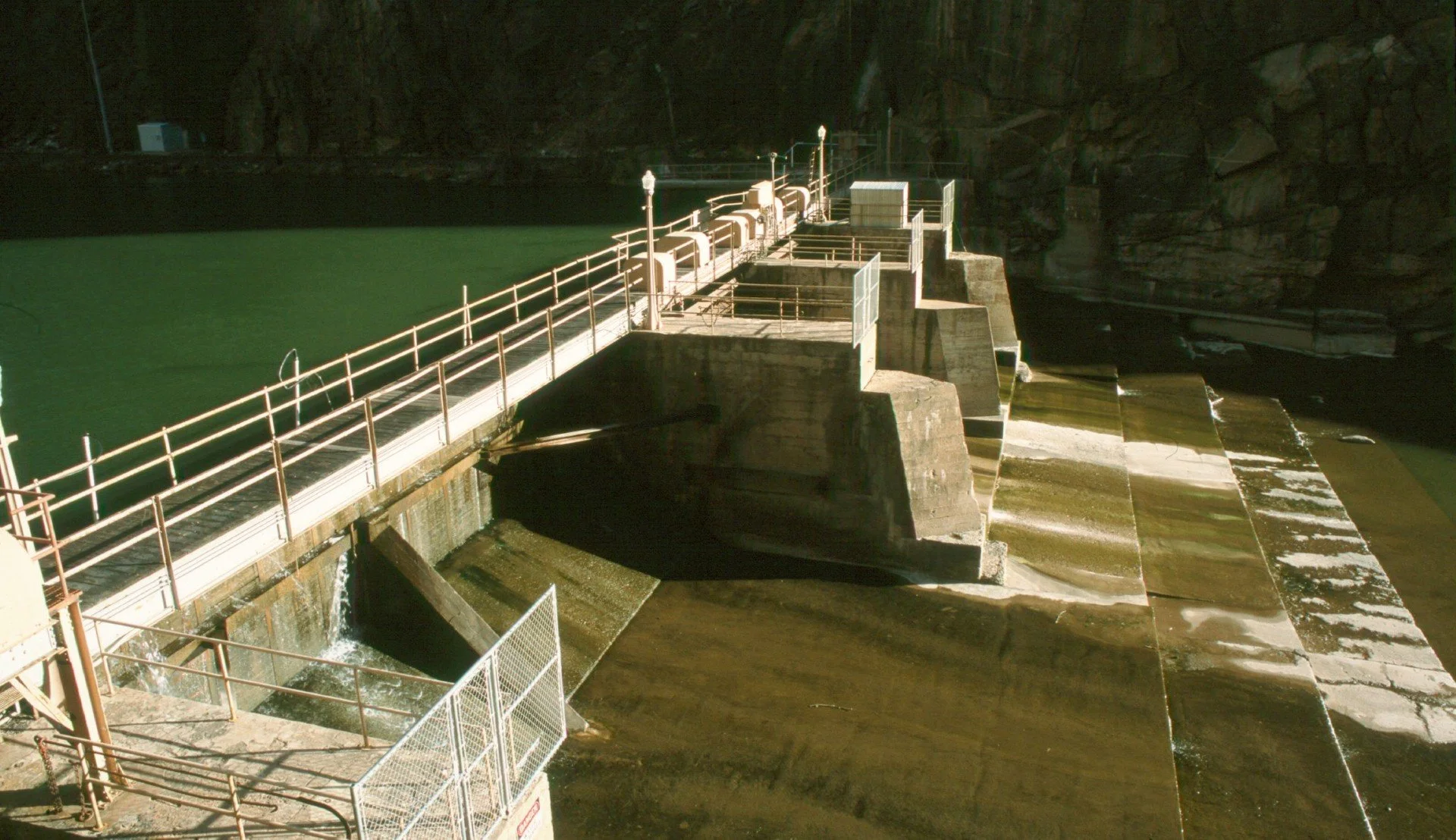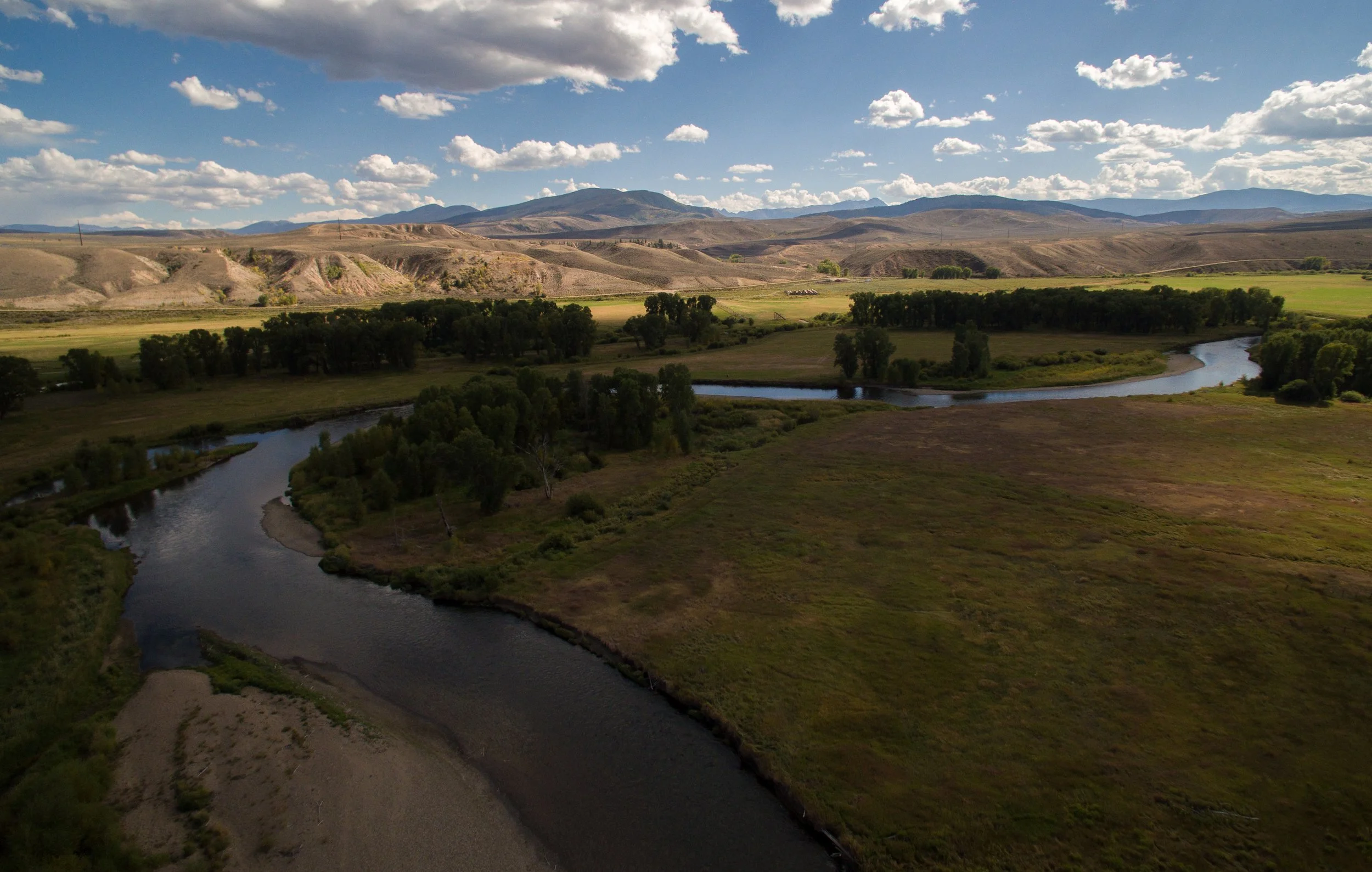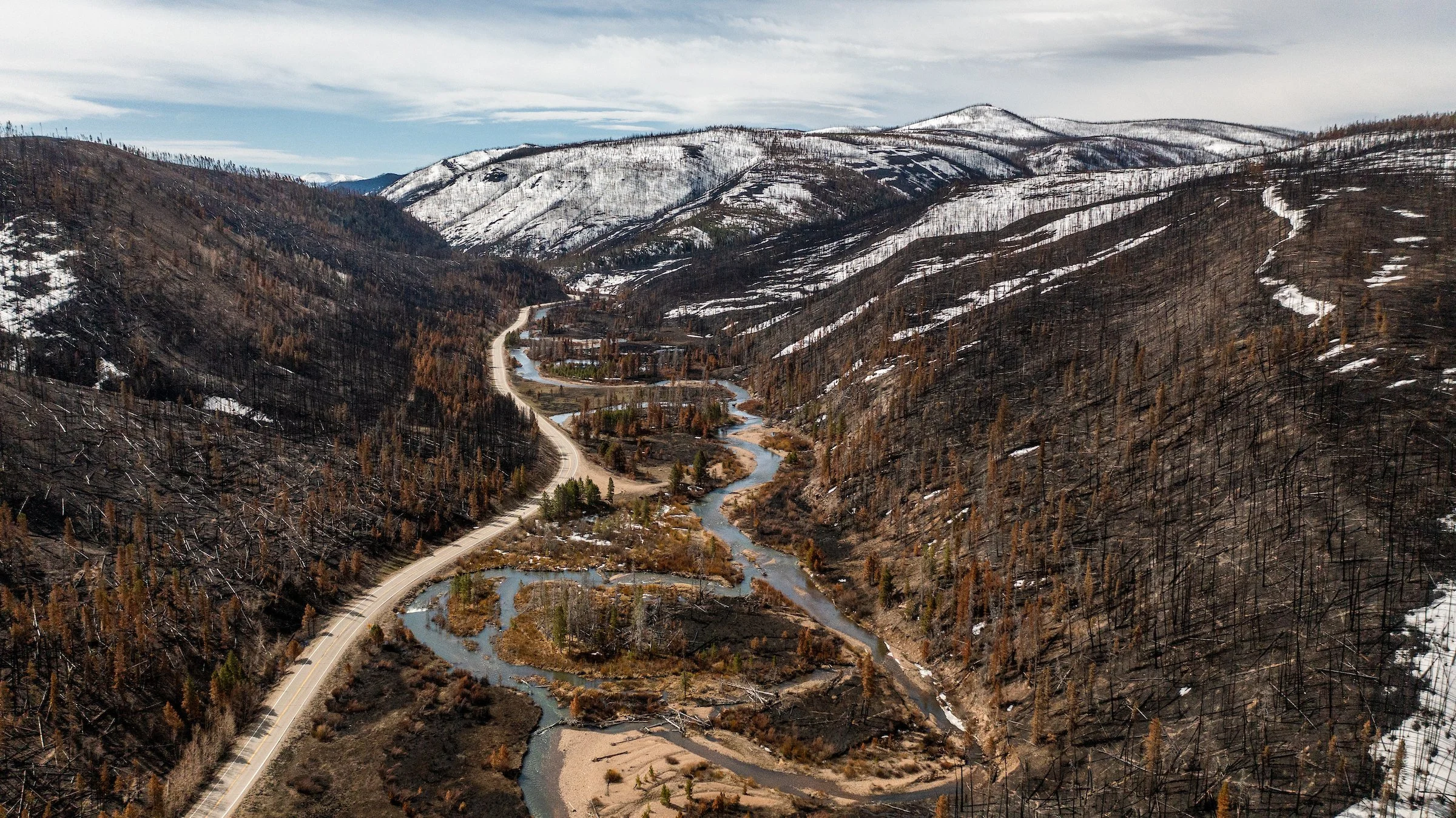Saturday, March 14, 2009
Former Grand Junction resident Jim Ives has worked in Alaska’s oil fields and on the former Colony oil shale project near Parachute.
In 1997-98 he served as executive director of the Rocky Mountain Oil & Gas Association, the predecessor of the Colorado Petroleum Association.
Today, he’s lending what might seem to be an unlikely voice on behalf of Colorado’s new oil and gas rules, which have been largely criticized by the industry as being costly and burdensome.
“I think basically the regulations represent a balance that is both socially responsible as well as commercially viable,” Ives said in an interview.
He conceded the rules — scheduled to take effect this spring if approved by the state Legislature — do add some expense. But he called them “a necessary cost of doing business.”
The Centennial resident, 61, is retired and active with Trout Unlimited. Trout Unlimited supports the new rules, which aim partly to protect fish and other wildlife habitat. Ives cites his industry background in expressing his belief that oil and gas companies can comply with what he considers to be flexible, fair and balanced rules.
http://www.gjsentinel.com/hp/content/news/stories/2009/03/14/031509_3aenergyguy_backs_rules.html








